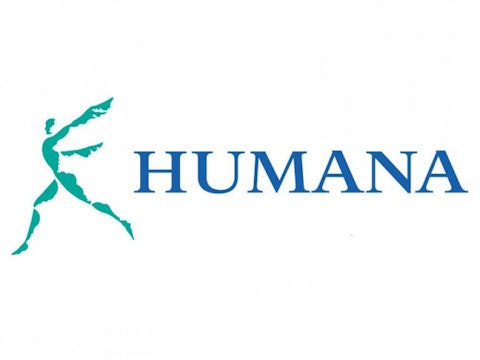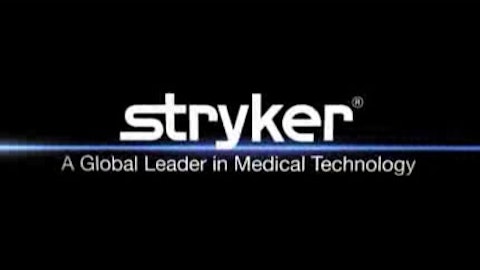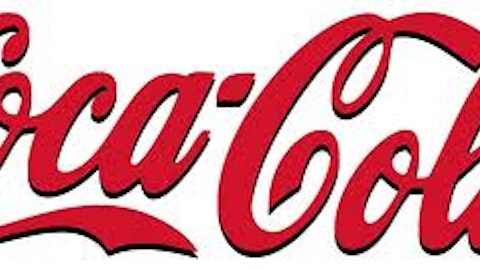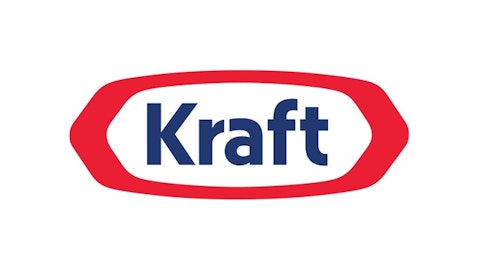The baby boomers are coming, meaning tens of millions of seniors will become eligible for Medicare benefits in coming years. Already a huge part of overall health-care costs, Medicare accounted for 21% of national health-care spending in 2012 and 15% of the federal budget. The government-sponsored health insurance began in the mid-1960s but has since expanded to include contracted plans from private companies, called Medicare Advantage. Insurers have flocked to the market, lured by the promise of profits from a growing senior population. But new dangers lurk around the corner.

Private players
The majority of Medicare members belong to the government plans. These plans, which receive funding primarily through payroll tax pay-ins and general revenues, cover hospital care and doctor visits. The government compensates health-care providers directly for services.
But about 25% of Medicare patients belong to Medicare Advantage plans that private insurers manage on behalf of the government. The plans still receive funding from general revenues, but beneficiary premium payments play an enhanced role.
Medicare Advantage has become a priority for several leading insurers, accounting for 65% of Humana Inc (NYSE:HUM)’s overall revenues last year and 75% of Universal American’s revenues. United Healthcare has the most Advantage members. But the company’s also less dependent as its broader Medicare & Retirement segment only accounted for 35% of revenues. CIGNA Corporation (NYSE:CI) spent $3.8 billion to acquire HealthSpring, which had over 1 million members in Advantage and prescription drug plans, or Medicare Part D.
What’s the appeal? According to a Reuters article, Advantage beneficiaries bring in about three times as much revenue as patients enrolled in standard commercial insurance. The Advantage plans also offer profit margins of 3 to 5%.
Unwelcome news last month, however, caused insurance shares to plummet.
Dis-Advantage?
Medicare Advantage insurers receive set payments per beneficiary from the government, which is then paid out to health-care providers. The payments have historically been 14% higher than the costs for government-administrated Medicare, but that gap has narrowed since the 2010 passing of the Affordable Care Act and further cuts are around the corner.
In mid-February, the Centers for Medicare & Medicaid Services proposed (PDF link) a cut to reimbursements received by private insurers for Medicare Advantage plans. Industry trade group American’s Health Insurance Plans estimates a resulting pay cut to plans of 7% to 8%, which could equal $11 billion in losses for the Advantage providers. Humana Inc (NYSE:HUM) indicated in a regulatory filing that the company would suffer a “mid-single-digit decline” in rates if the CMS figure held true.
The final rate-cut decision won’t appear until April 1. But if the suggested price sticks, some insurers may try to reduce their reliance on Advantage plans. CRT Capital Group analyst Sheryl Skolnick suggested market leader UnitedHealth as one of the potential deserters.
What now
Lobbying could improve the proposed rates for insurers, but more cuts will still follow. The ACA planned for $68 billion in Medicare Advantage cuts before 2016. UnitedHealthcare might back off on Advantage, but the others won’t have that luxury. Humana Inc (NYSE:HUM) and United American, in particular, rely too much on these revenues and need to make it work.
Is Obamacare a death knell for health insurers, or is the market missing out on some of the opportunities the law presents? In this brand-new premium report on UnitedHealth, we take the long-term view, honing in on prospects for UnitedHealth in a post-Obamacare world. The report also comes with a full year of analyst updates to keep you covered as key news develops, so don’t miss out — simply click here now to claim your copy today.
The article Can Health Insurance Still Profit From Baby Boomers? originally appeared on Fool.com and is written by Brandy Betz.
Brandy Betz has no position in any stocks mentioned. The Motley Fool recommends UnitedHealth Group (NYSE:UNH).
Copyright © 1995 – 2013 The Motley Fool, LLC. All rights reserved. The Motley Fool has a disclosure policy.




